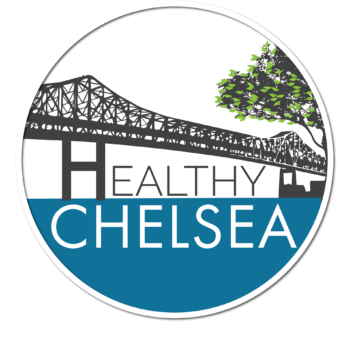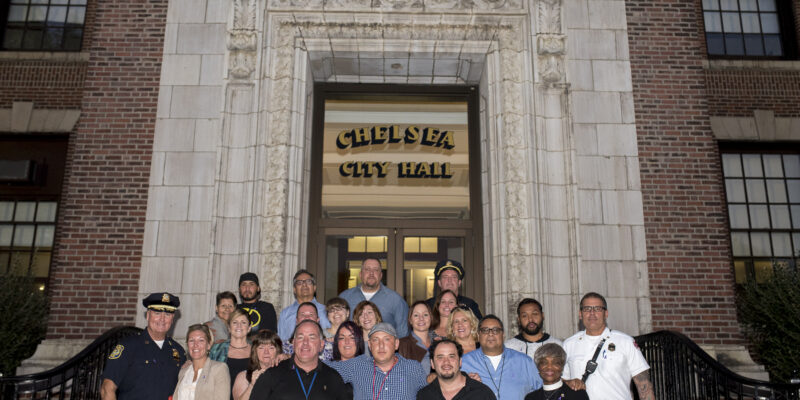Research shows that experiencing trauma, such as abuse, neglect or witnessing violence, has a tremendous lifelong impact on an individual’s health and quality of life. With each additional trauma, a person is at greater risk of experiencing negative behavioral and health outcomes including substance misuse, depression, suicide attempts, heart disease, obesity or cancer. The impact of trauma is a community health issue that requires a community response.
Addressing Trauma at the Community Level
Establishing and integrating a trauma-sensitive approach when addressing these issues is important not only for individuals, but for communities as well. Healthy Chelsea is working with many local partners to help build a more trauma-sensitive, resilient city.
SAMHSA defines a trauma-sensitive approach as one where people:
- Realize the prevalence of trauma and understand potential paths for recovery.
- Recognize the impact and responses to trauma, and resist practices that could cause more harm.
- Respond by fully integrating knowledge about trauma into policies, procedures, and practices.
Identifying Trauma as a Top Community Concern
In both the 2012 and 2015 MGH-led community health needs assessments, Chelsea residents stated the top issues of concern in the community were substance use, crime and violence, obesity, education and the environment. Data provided by state and local community organizations show Chelsea residents face multiple challenges, including poverty, unemployment, high rates of gang and domestic violence, limited availability of affordable housing, effects of the opioid epidemic/other substance use, and a large newly-arrived refugee and Central American Immigrant population.
Addressing the trauma related to these issues is important at a community level because:
- Communities can become fearful or can be re-traumatized & re-triggered by circumstances resembling earlier trauma.
- Trauma can be built into cultural norms and passed from generation to generation. Communities are often profoundly shaped by their trauma histories.
- How the community understands and responds to the adverse effects of trauma has significant implications for the well-being of all residents.
Collaborating with Community Partners on a Trauma Sensitive Approach
In 2017, Healthy Chelsea in collaboration with other community- based organizations received a grant from the Office of Juvenile Justice and Delinquency Prevention (OJJDP) to expand our ability to provide services, host events and implement programs utilizing a trauma-sensitive approach with an overarching goal to transform Chelsea to a place where residents feel safer and crime rates decrease.
To achieve this goal, the OJJDP grant work is focused on:
- Building community capacity to respond to and recover from trauma.
- Increasing community resilience through planning and implementation of trainings.
- Adoption of trauma-sensitive practices and policies by local organizations.




